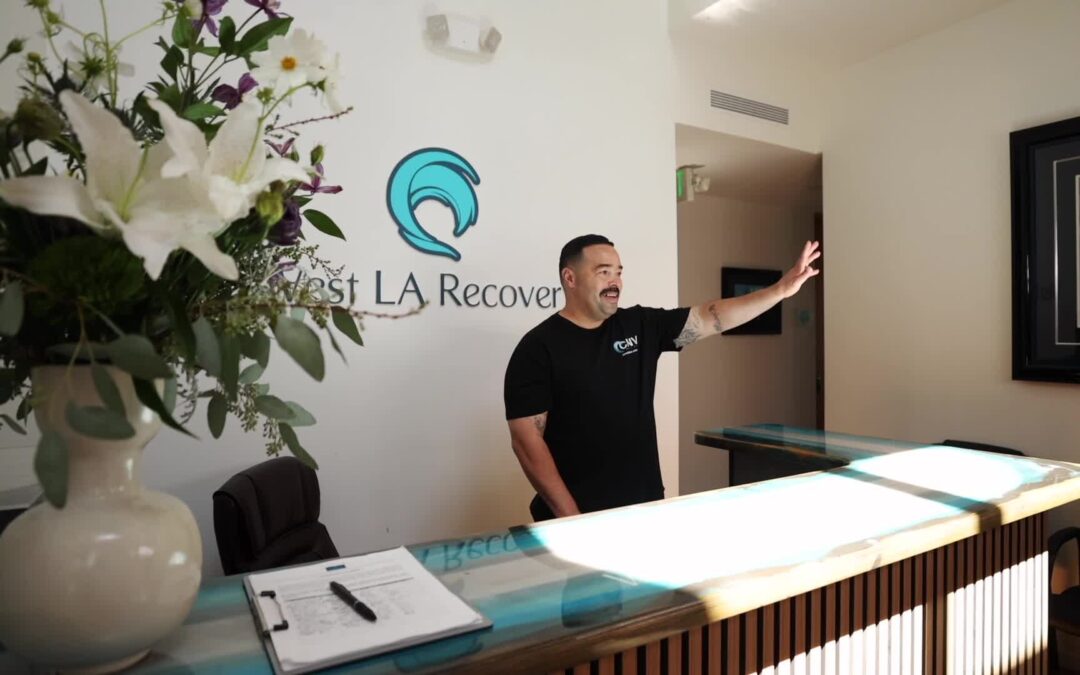The Recovery Plateau

A recovery plateau occurs when your progress in addiction recovery seems to hit a standstill. You might feel stuck, experiencing a period where the positive changes you’ve worked hard to achieve appear to slow down or stop completely.
Think of it like hitting a plateau in fitness training. Just as athletes reach points where their performance improvements level off despite consistent training, individuals in recovery can experience similar patterns in their sobriety journey.
Common causes of recovery plateaus include:
- Routine Fatigue: Following the same recovery practices without variation
- Decreased Motivation: Loss of initial enthusiasm after achieving early recovery goals
- Life Changes: New stressors or responsibilities affecting your recovery focus
- Complacency: Becoming too comfortable with current progress
- Social Environment: Limited support system or exposure to triggering situations
Your brain and body adapt to new habits and routines over time. This adaptation can lead to a perceived slowdown in progress, much like how your muscles adjust to a workout routine, requiring changes to continue growing stronger.
Understanding that plateaus are a natural part of any growth process helps normalize this experience. They don’t signify failure – they’re opportunities for reassessment and adjustment in your recovery journey.
During these challenging periods, it’s important to remember that finding joy in sobriety is possible. Rebuilding your life and finding purpose can be achieved even amidst the struggles. Exploring holistic therapy options can also provide new perspectives and tools for overcoming these plateaus. Additionally, seeking professional guidance, such as that offered by West LA Recovery, can be crucial in maintaining sobriety and navigating through life’s challenges.
Understanding Recovery Burnout and Mental Roadblocks
Recovery burnout can sneak up on you, causing a recovery plateau making sobriety feel like an uphill battle. You might experience:
- Physical exhaustion despite maintaining healthy habits
- Emotional numbness or disconnection from recovery goals
- Decreased motivation to attend meetings or therapy sessions
- Social withdrawal from support groups and loved ones
- Increased irritability or mood swings
These symptoms create a ripple effect on your recovery progress. Your brain needs time to rewire itself, and burnout can slow this essential healing process. When you’re stuck in recovery, simple daily tasks become challenging, and the risk of relapse increases.
Common mental roadblocks include:
- Perfectionism: Setting unrealistic expectations for your recovery journey
- Fear of failure: Allowing past setbacks to overshadow current progress
- Comparison trap: Measuring your progress against others’ recovery paths
- All-or-nothing thinking: Viewing small setbacks as complete failures
- Self-doubt: Questioning your ability to maintain long-term sobriety
Recognizing these mental barriers is crucial for moving forward. Your recovery journey is unique, and feeling stuck doesn’t mean you’re failing. The key lies in identifying these roadblocks and developing specific strategies to overcome them.
Strategies to Break Through a Recovery Plateau

Breaking through a recovery plateau requires strategic adjustments to your daily routine. Here’s how you can reignite your progress:
Mix Up Your Physical Activities
- Switch between different exercise types (yoga, swimming, hiking)
- Try new workout classes to challenge different muscle groups
- Add variety to your existing routines with new movements
Progressive Challenge Integration
- Start with small, manageable increases in activity duration
- Set weekly micro-goals that build upon previous achievements
- Track your progress to visualize improvements
Rest and Recovery Optimization
- Schedule dedicated recovery days between intense workouts
- Practice active recovery through gentle stretching or walking
- Get 7-9 hours of quality sleep each night
Lifestyle and Nutrition Enhancement
- Create a balanced meal plan rich in proteins and whole foods
- Stay hydrated throughout the day
- Establish consistent meal times to regulate energy levels
Your body and mind need constant adaptation to maintain growth. Small adjustments in these areas can create significant momentum in your recovery journey. Remember to listen to your body’s signals and adjust your approach accordingly.
These strategies work together to create a sustainable recovery environment. Each element builds upon the others, forming a robust foundation for continued progress in your sobriety journey.
Self-Reflection Tools for Recovery Progress
Self-reflection serves as a powerful compass during your recovery journey. By developing a deeper understanding of your thoughts, emotions, and behaviors, you can identify patterns that might be contributing to your recovery plateau.
Essential Self-Reflection Practices:
- Keep a recovery journal to track daily experiences and emotions
- Set aside dedicated time for personal check-ins
- Document triggers and successful coping strategies
- Record small victories and learning moments
Mindfulness techniques help maintain focus on your recovery goals while managing stress and anxiety. These practices create space between thoughts and actions, allowing for better decision-making:
- Body scan meditation: Start from your toes and work up, noticing physical sensations
- Breath awareness: Focus on your breathing pattern for 5-10 minutes
- Mindful walking: Pay attention to each step and your surroundings
- Gratitude practice: List three things you’re thankful for each day
Staying motivated requires active engagement with your recovery process. Build a toolkit of motivational strategies:
- Create a vision board representing your recovery goals
- Record voice messages to your future self
- Take progress photos or measurements
- Share your journey with trusted support group members
- Celebrate milestones with meaningful rewards
Remember to adjust these tools based on what resonates with you – self-reflection is highly personal, and what works for others might not work for you.
Preventing Future Recovery Plateaus
Preventing recovery plateaus requires a proactive approach to your recovery journey. Here’s how to maintain steady progress:
1. Regular Program Adjustments
- Switch up your therapy approaches every 3-4 months
- Add new wellness activities to your routine
- Challenge yourself with different support group formats
2. Balanced Lifestyle Maintenance
- Create a structured meal plan focusing on brain-healthy foods
- Establish consistent sleep patterns
- Balance physical activity with rest days
- Practice stress management through varied techniques
3. Progress Tracking
- Document your daily achievements
- Monitor emotional patterns
- Identify early warning signs of potential plateaus
- Adjust your goals based on current progress
These preventive measures help maintain momentum in your recovery journey. A dynamic approach to your recovery program keeps your mind engaged and your progress steady. It’s also beneficial to incorporate holistic practices into your routine, as they can provide additional support and enhance overall well-being.
Optimizing Your Recovery Routine for Long-Term Sobriety Success
A recovery plateau signals the perfect moment to reassess your sobriety journey. Take this opportunity to examine your daily routines:
- Track Your Triggers: Document situations that challenge your sobriety
- Evaluate Sleep Patterns: Quality rest directly impacts recovery success
- Review Social Connections: Assess which relationships support your goals
Professional guidance proves invaluable during these assessment periods. Recovery specialists can:
- Identify blind spots in your current routine
- Suggest evidence-based adjustments
- Provide objective feedback on progress
Your diet plays a crucial role in maintaining sobriety. Consider these nutritional aspects:
- Blood sugar stability through regular meals
- Hydration levels throughout the day
- Essential nutrients that support brain health
A structured assessment approach helps transform plateaus into stepping stones for continued growth in your recovery journey. Relapse prevention is a strong foundation for lasting sobriety, and implementing these strategies can significantly aid in achieving that goal.
Personalized Support To Overcome A Recovery Plateau
Breaking through a recovery plateau requires personalized guidance and support. At West LA Recovery, we provide tailored strategies to help you navigate these challenging periods:
- Individual Counseling Sessions – Work one-on-one with experienced therapists to identify plateau triggers
- Group Support Meetings – Connect with others facing similar challenges
- Custom Recovery Plans – Receive personalized recommendations based on your unique journey
- 24/7 Support Network – Access immediate assistance when you need it most
Your recovery journey is unique, and we’re here to help you maintain momentum. Reach out today to discuss your specific needs and develop a targeted approach to overcome your recovery plateau.
Ready to break through your plateau? Contact our team for personalized support and guidance.







